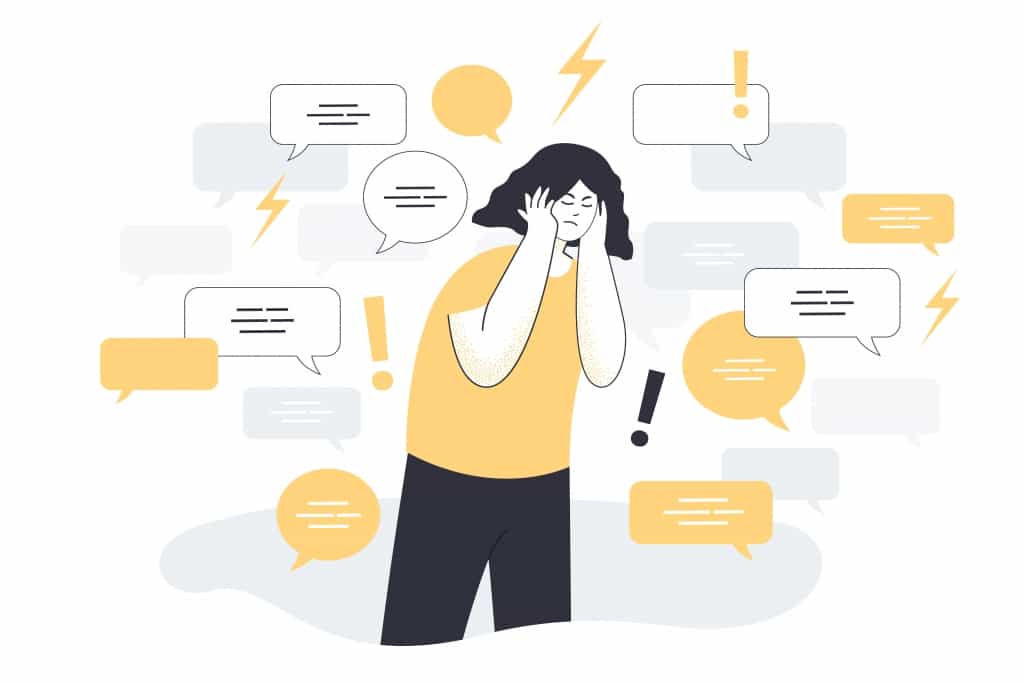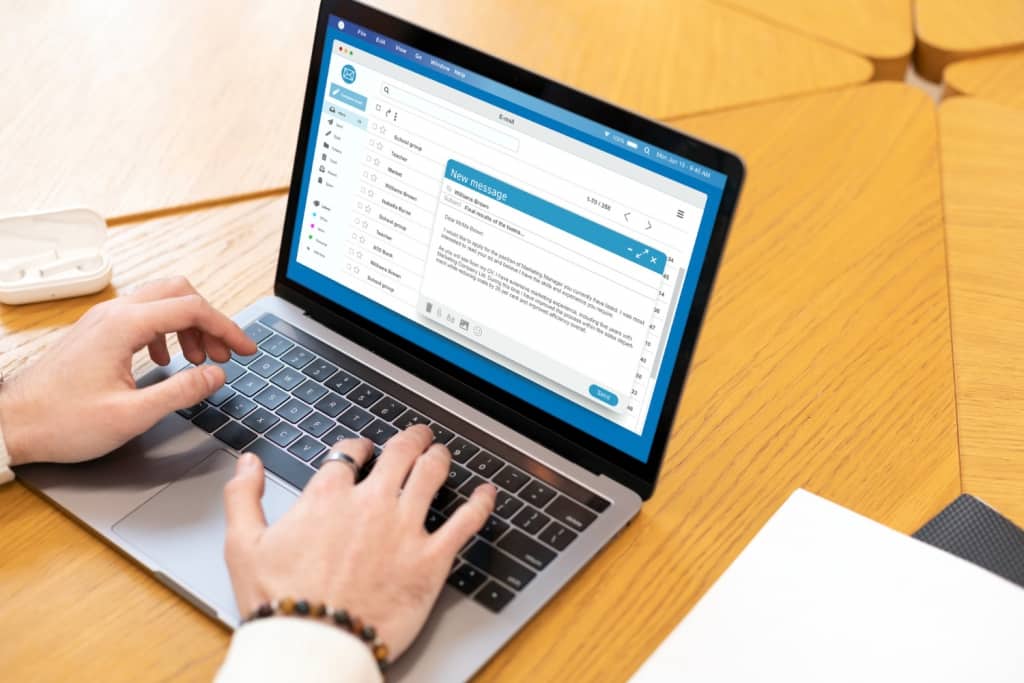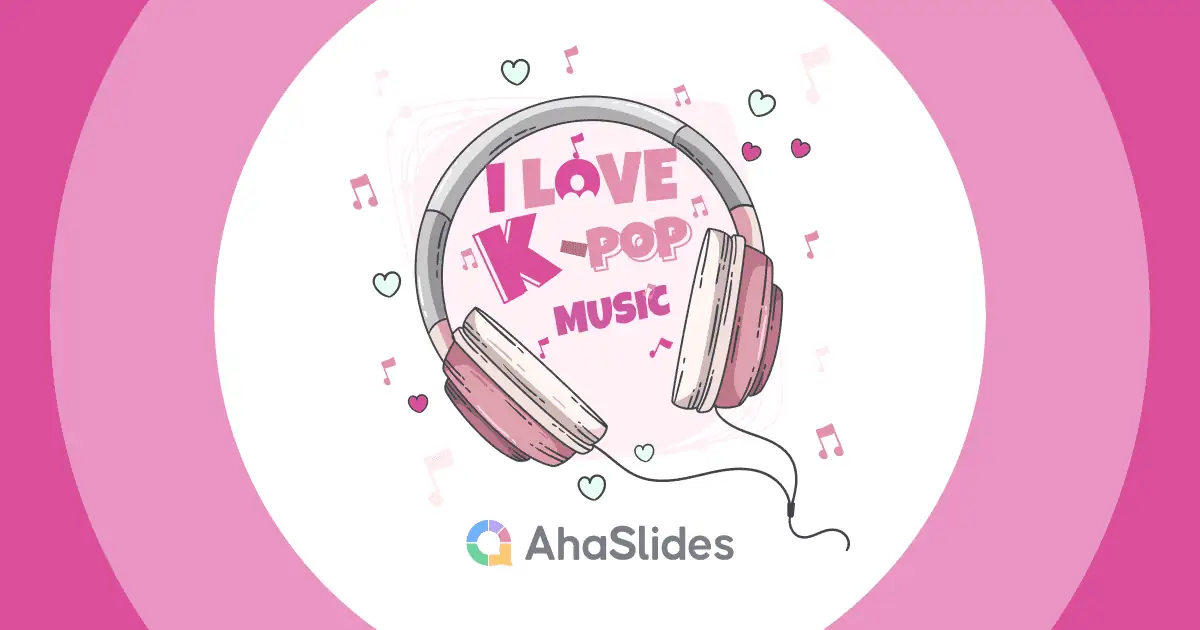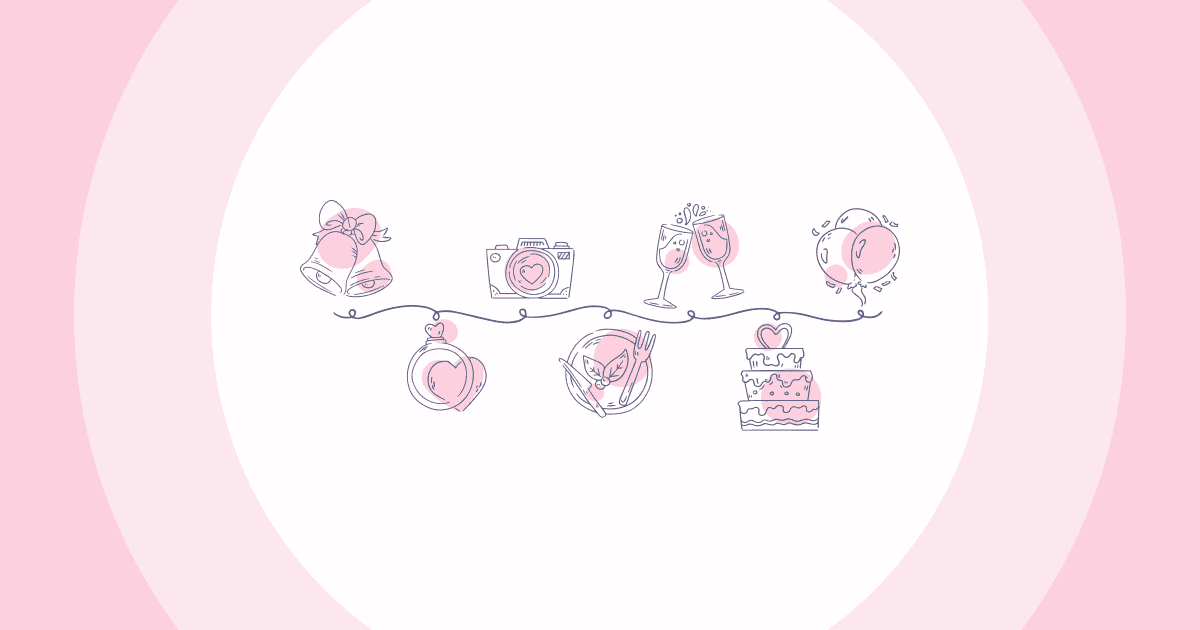我們都去過那裡。 有人問:「你好嗎?」我們會本能地回應一句「好」或「還好」。雖然有禮貌,但這些回應往往掩蓋了我們真實的感受。 生活可能充滿挑戰有時,「好日子」也可能感覺糟透了。如果我們開始把這個問題當作一個建立真誠連結的機會,會怎麼樣? pen_spark
在這篇文章中,我們將改變你的標準回复,並探索 70 多種表達自我的方式 你好嗎 在特定情況下。 誰知道? 您可能會在對話中發現一個新的聯繫層次。
目錄

提高參與度的技巧
- 現場問答 增強演示效果的工具
- 如何提問
- 如何詢問某人是否還好
你如何在偶然情況下回复
在非正式場合,你無需長篇大論地回答。但根據你與提問者的關係,你可能需要調整回答方式。例如,與熟人相比,你可能對親密的朋友更坦誠。
此外,回應對方的問題並詢問對方近況也是禮貌的。這體現出你對他們的關心,並能使對話更加平和。
以下是一些在隨意情況下如何回應的範例:
- 我很好,謝謝!
- 不錯,你呢?
- 我很好,你呢?
- 沒什麼好抱怨的,你今天過得怎麼樣?
- 挺好的,謝謝提問!
- 還不算太醜,你呢?
- 還好。生活怎麼樣?
- 我很好。謝謝你的關注!
- 我還堅持著。你呢?
- 我很好。你這週過得怎麼樣?
- 我很好。你呢?
- 沒什麼可抱怨的。 你呢?
- 我感覺很好,謝謝你的關心!
- 過得好,你自己呢?
- 我很好。你今天過得怎麼樣?
- 我很好,你呢?
- 一切都很好。你呢?
- 沒什麼好抱怨的,你一切都好嗎?
- 挺好的,你呢?
- 還不錯。今天過得怎麼樣?
- 我很好。你呢?
- 東西不錯,你呢?
- 我很好。謝謝你關心!
- 我度過了忙碌的一天,但我感覺很有成就感。
你在正式場合如何回复

在正式場合,應使用正式語言,避免俚語或俗語,以保持尊重的語氣和專業的風範。
即使你今天過得不順,也要盡量專注在工作或處境中的正面。別忘了向與你互動的人或組織表達感激之情。
以下是一些例子
你如何在正式場合回复:- 我很好,感謝您的關注。今天我能為您提供什麼幫助?
- 謝謝你來看我。 我怎樣才能幫助你?
- 我很好,謝謝你關心。今天到目前為止,過得還算充實。
- 我很好。感謝您的詢問。感謝您對細節的關注。
- 我很好,謝謝你關心。我期待著我們今天的會面。
- 我很好,謝謝。很高興今天能來這裡。
- 感謝您的諮詢。我很好。很榮幸能與您的團隊合作。
- 我很好,謝謝你的關心。我很感激今天有機會來到這裡。
- 我很好。謝謝你的關注。今天很忙,但我還能應付。
- 我很好,謝謝你的關心。很高興能和你進一步討論這個專案。
- 我很好,謝謝。很高興今天有機會和你聊天。
- 我很好。謝謝你的詢問。我很感激有機會參與這個計畫。
- 我很好,謝謝你的關注。我相信我們一定能找到解決方案。
- 我很好,感謝您的關注。我有興趣進一步了解您的目標。
- 我很好,謝謝你的關心。我期待與您一起討論細節。
- 我很好,謝謝你的詢問。我對目前的進展很樂觀。
- 我很好,謝謝你的關心。我迫不及待地想開始著手專案的細節。
- 我很好,謝謝你的關心。我致力於提供高品質的服務。
遇到困難時你如何回复

承認自己正處於困境,並誠實地表達自己的感受是可以的。你不必詳述所有不順心的事。你的回答要簡潔明了。
此外,不要害怕尋求幫助或支持。讓別人知道你的困境,可以讓你感覺不那麼孤單。
以下是您可能需要的一些示例:
- 我最近不太好。不過我很感謝你的關心。
- 我現在正經歷一段艱難的時期。但我正在盡力應對。
- 我現在過得很辛苦。但我知道最終會好起來的。
- 我正在經歷一段艱難的時期,但我會盡力堅持下去。
- 說實話,我很掙扎。你呢?
- 這是充滿挑戰的一天,但我正努力專注於正面的一面。
- 我今天表現不太好,但我正努力保持堅強。
- 我今天過得很艱難,但我知道我並不孤單。
- 今天充滿挑戰,但我努力保持專注並活在當下。
- 說實話,我現在真的很掙扎。
- 這是一段艱難的時期,但我努力保持希望。
- 我做得不好,但我很感激朋友和家人的支持。
- 老實說,今天過得很壓倒性的。
- 我正在經歷一段艱難的時期,但我正在盡力保持堅強。
當你感到感激時,你是如何回复的
養成經常表達感激之情的習慣,而不僅僅是在別人問你過得怎麼樣時才說。這會幫助你培養更積極的心態。
以下是一些例子
當你心存感激時,你是如何回复的:- 我感覺非常好,感謝我的健康和我的家人。
- 我很好,謝謝你關心。今天我感到非常幸運和感激。
- 我過得很好,對我的工作、我的家和我所愛的人心存感激。
- 我做得很好,對我學到的教訓和我生命中遇到的人們心存感激。
- 我為塑造我的所有經歷感到幸福。
- 我感激那些讓生活變得特別的快樂小瞬間。
- 我做得很好,對周圍美麗的大自然心存感激。
- 我感謝生命中那些讓我的每一天都更光明的人。
- 我感覺真的很好,感謝陌生人的善意和家人的愛。
- 我做得很好,很感激能夠幫助別人。
- 我感謝生活中那些讓我感到快樂的小快樂。
- 我感覺很棒,感激我所創造的回憶和未來的冒險。
您如何回復正式電子郵件

請記住,您是正式溝通的,因此您的回复應該適當且專業。
此外,您必須確保在回復中使用禮貌用語、正確的語法和標點符號。 這將有助於傳達專業的語氣並避免誤解。 回答問題後,通過詢問收件人的近況或是否有什麼可以幫助他們來表現出對收件人的興趣。
以下是一些例子
您如何回復正式電子郵件:- 我很好。感謝您的關心。很高興再次收到您的來信。
- 謝謝你的關心。我很好,希望你也一樣。
- 感謝您的關注。我很好,希望您也是。請問還有什麼可以幫到您?
- 我很好,謝謝你關心我。希望你也一切順利。我能為你做些什麼呢?
- 感謝您的諮詢。我很好,謝謝。如果您還有其他需要,請隨時告訴我。
- 感謝您的郵件。我很好,希望您收到這封訊息時也一切安好。
- 我很好,謝謝你關心我。希望你這週過得還算順利。
- 感謝您的體貼。我很好,謝謝。請問有什麼可以幫到您?
關鍵要點
無論您是在隨意聊天還是正式郵件中回复,您都必須根據具體情況調整回复內容,並真實地表達自己。因此,希望以上 70+ 個「在特定情況下如何回應」的技巧能幫助您與他人建立更深的聯繫。
不要忘記這一點 啊哈幻燈片 提供了一種創新的方式來吸引您的觀眾並收集有關他們的表現的反饋。 跟我們 模板,您可以輕鬆創建 互動投票 以及 Q&A 讓您的聽眾實時分享他們的想法和感受。 那麼,為什麼不嘗試一下,讓您的演示更上一層樓呢?
常見問題(FAQ)
人們為什麼會問“你好嗎?”
人們常常會問:“你好嗎?”,以此來表達他們關心你,關心你的健康。從閒聊到正式會議或郵件,這在各種場合都很常見。
在專業場合我該如何回答「你好嗎?」?
在專業場合回答「你好嗎?」時,你可以這樣回答:
– 我很好。感謝您的詢問。感謝您對細節的關注。
– 我很好,謝謝你關心。我很期待我們今天的會面。
– 我很好,謝謝。很高興今天能來這裡。
– 感謝您的諮詢。我很好。很榮幸能與您的團隊合作。
“我很好,謝謝你關心我。我很感激今天有機會來到這裡。”
如何知道你過得怎麼樣?
– 簡單而禮貌地詢問“你好嗎?”
– 詢問他們的整體健康狀況,“你最近怎麼樣?”
– 詢問具體方面,例如“工作/學習進度如何?”
– 同情地詢問“你看起來很有壓力,你是怎麼堅持下來的?”
– 透過詢問「最近生活怎麼樣?」來放鬆心情。









